Recovery is a cornerstone of athletic performance. Without effective recovery, training adaptations slow, injury risk increases, and performance plateaus. While nutrition, hydration, and sleep form the foundation, specific supplements can offer targeted support to accelerate repair, reduce soreness, and maintain consistency.
This article explores the five most evidence-backed supplements for muscle recovery, highlighting what the research says and how athletes can apply it in practice.
1. Protein and Essential Amino Acids (EAAs & BCAAs)
Why it matters
Protein is the building block of muscle repair. After training, the body initiates muscle protein synthesis, which depends on amino acids to rebuild and strengthen muscle fibres.
Key Evidence
- Adequate protein intake of 1.6–2.2 g/kg body weight/day is consistently linked to improved recovery and adaptation [Phillips, 2014].
- BCAAs (leucine, isoleucine, valine) can modestly reduce DOMS and muscle damage markers when dietary protein intake is low, though their benefits are limited if overall protein intake is already sufficient [Jackman et al., 2010].
Practical Tips
- Prioritise whole-protein sources: whey, dairy, lean meats, fish, or plant-based alternatives.
- If protein intake is sufficient, BCAA supplements add little extra benefit.
- Post-workout protein (20–30 g) is effective for maximising recovery.
2. Creatine Monohydrate
Why it matters
Creatine enhances energy availability by replenishing ATP and supports faster repair, helping athletes recover strength and reduce muscle damage after intense exercise.
Key Evidence
- Supplementation improves post-exercise strength recovery and lowers markers of muscle damage [Cooke et al., 2009].
- Benefits are observed across different age groups and training levels.
Practical Tips
- Maintenance dose: 3–5 g/day.
- Optional loading phase: 20 g/day (split into 4 doses for 5–7 days) for quicker saturation.
- Take with carbohydrate-rich meals to improve uptake.
3. Omega-3 Fatty Acids (EPA & DHA)
Why it matters
Omega-3 fatty acids reduce inflammation, protect range of motion, and may lessen soreness after hard training.
Key Evidence
- Daily supplementation of 2–3 g EPA + DHA has been linked to reduced DOMS, better muscle function, and lower inflammatory markers [Tinsley et al., 2017/2021].
- Particularly useful for athletes with low fatty fish intake.
Practical Tips
- Include oily fish (salmon, sardines, mackerel) in your diet 2–3 times per week.
- Choose purified, high-concentration EPA + DHA supplements.
- Consistency matters more than timing.
4. Curcumin (Turmeric Extract)
Why it matters
Curcumin, a polyphenolic compound from turmeric, has strong antioxidant and anti-inflammatory effects. It helps reduce soreness without blocking the body’s natural adaptation to training.
Key Evidence
- A 2024 meta-analysis showed curcumin reduces DOMS, lowers inflammatory markers (IL-6, CK), and improves range of motion after intense exercise [Liu et al., 2024].
- Bioavailability is key: formulations with piperine or lipid delivery are most effective.
Practical Tips
- Effective dose: 500–1500 mg/day of standardised extract.
- Take with meals containing fat for better absorption.
- Especially useful during heavy training or competition phases.
5. Magnesium & Electrolytes
Why it matters
Magnesium is essential for muscle contraction, relaxation, and energy production. Electrolytes (sodium, potassium, calcium) are critical for fluid balance and cramp prevention.
Key Evidence
While magnesium may not directly reduce DOMS, it supports neuromuscular function and helps prevent cramping [Volpe, 20150]
Athletes training in hot environments or with high sweat losses particularly benefit from maintaining optimal electrolyte levels.
Practical Tips
- Eat magnesium-rich foods like nuts, seeds, leafy greens, and whole grains.
- Supplementation: 200–400 mg/day, preferably magnesium citrate or glycinate.
- Pair with hydration strategies to optimise performance and recovery.
Integrating Supplements into a Recovery Plan
- Build the foundation: Prioritise nutrition, hydration, and sleep first.
- Focus on evidence-based options: Protein, creatine, omega-3s, and curcumin have the strongest research backing.
- Think consistency, not quick fixes: Creatine, omega-3s, and magnesium work best with regular use; protein is most effective post-training.
- Track your response: Monitor soreness, performance, and training consistency to evaluate which supplements work best for you.
Chiropractors in Sydney Insights for Muscle Recovery
Recovery is multi-faceted, and supplements are tools—not replacements for fundamentals. By strategically incorporating:
- Protein and amino acids
- Creatine
- Omega-3 fatty acids
- Curcumin
- Magnesium and electrolytes
Athletes can accelerate muscle repair, manage soreness, and support long-term training consistency. The goal isn’t to eliminate soreness entirely, but to manage it effectively so adaptation and performance continue without interruption.
